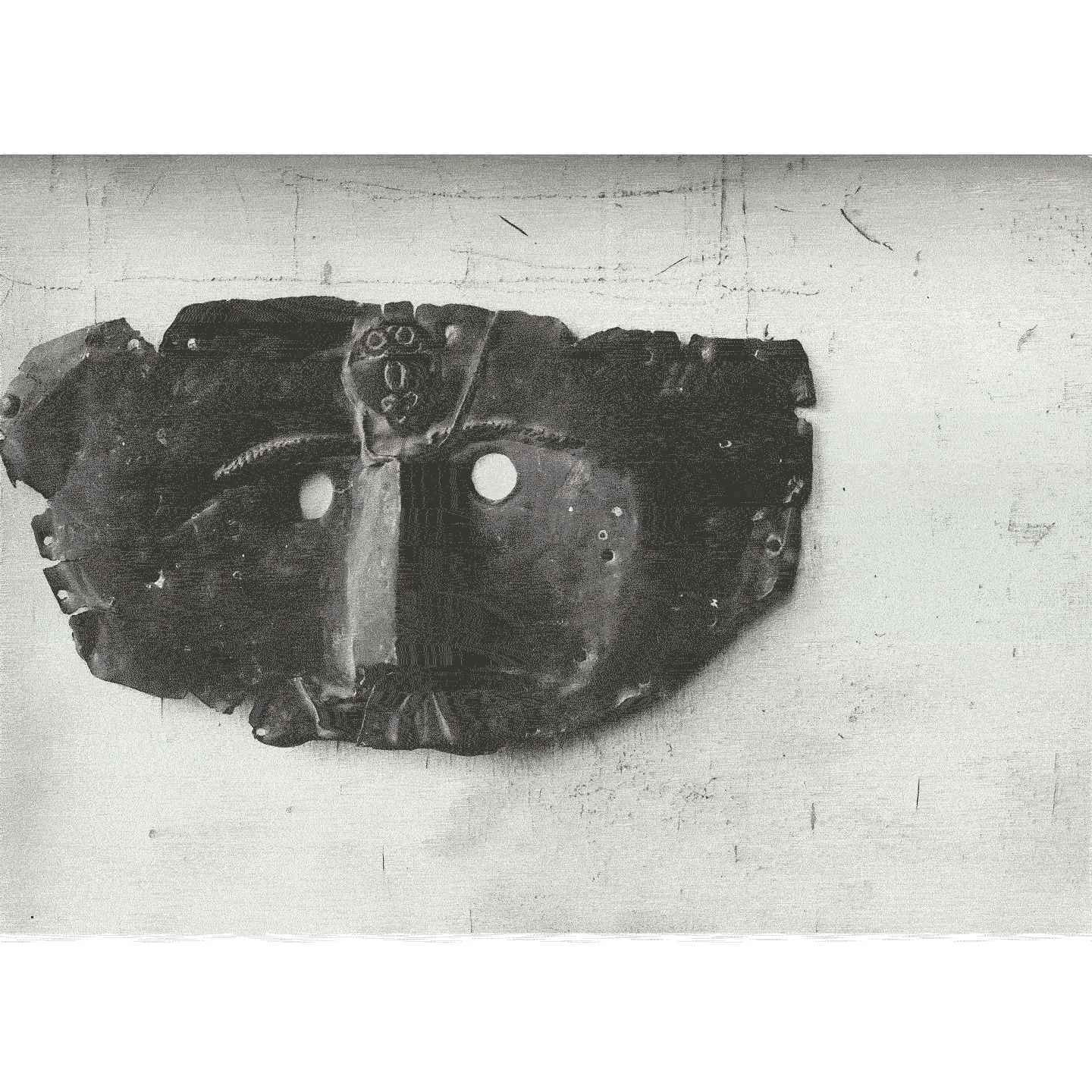Gorky Park
9/32 Krymsky Val St.
119049 Moscow
Russia
Hours: Monday–Sunday 11am–10pm
T +7 495 645 05 20
pr@garagemca.org
Garage Museum of Contemporary Art presents the artistic research laboratory Space 1520. The name is borrowed from the Russian Railways website and refers to the track gauge of 1,520 mm, one of the most widely laid gauges in the world. The “Russian gauge” railway is a super infrastructure that connects over a dozen countries with a total population of just under 300 million and marks out a vast area of North Eurasia that includes the Russian Federation and countries that were once within the sphere of influence of or part of the Russian Empire and the USSR.
The laboratory will fund projects that explore the history of interactions of various communities of the former USSR and contemporary Russia with the cultural standards, political activity, and laws of an assumed metropole. Space 1520 is an attempt to develop new approaches to current postulates of post- and decolonial research in international universities and museums. Not content simply to copy the terminology that has emerged in the writing of scholars from former European colonies, Space 1520 critically revisits the work of Sergei Tretyakov, a key figure of the Russian avant-garde, whose texts can be considered an unsuccessful attempt at postcolonial writing. A proponent of the “literature of fact,” the “(en route) travel guide” (marshrutka), and the “journey-film” (put’ fil’ma), in his travelogues Tretyakov, writing as an author-researcher, debunked and attacked “the exotic” as “organized obscurity” and “aesthetically guarded marvelousness.” His articles and books, which are full of visual materials, were the starting point for the project. It is obvious, however, that Tretyakov was also documenting the beginnings of Soviet modernization. Contemporary researchers continue to study its destructive effects and standardizing influence on local communities that did not fit into the simplified plans of the early revolutionary years or the forced industrialization campaigns of the 1930s–1950s. Space 1520 aims to develop a new geopoetics, liberated from official versions of territorial control and the mechanical replication of existing attitudes.
The laboratory’s activities take a number of directions: the study of contemporary research methodology; building contacts with cultural institutions and archives interested in related subjects; work with regional case studies and the development of new approaches to artistic research. Space 1520 participants will also have the opportunity to attend lectures and masterclasses by leading theorists and practitioners of post- and decolonial thought from across the world.
In 2021–2022, Space 1520 is supporting seven projects. The researchers and curators Anton Valkovsky and Ekaterina Gandrabura are reconstructing the history of an Ingush museum collection lost during the Chechen Wars. Artist Katerina Verba is studying Muslim practices of water use and preservation based on the example of Crimean Tatars in her project Muhammad’s Paradise. In Decolonial Museum of the Village of Lavrentiya, geographer and artist Sofia Gavrilova explores the personal and local histories of Chukchi people from a village near the far eastern border of Russia and their reflections in the local history museum. Inspired by a fragment from Philosophy, a novel by the Russian futurist poet Ilya Zdanevich, artist Nikolay Karabinovych has created the Opalima Kupina (Burnt Bush) Detective Agency, which investigates the history of the Jewish community in Turkey, the boundaries of the Pale of Settlement, and other migratory processes. Natalia Papaeva is remaking the 1929 propaganda film Across Buryato-Mongolia, which showed her homeland of Buryatia as a dirty, insanitary, and backward place that could only be rescued by Soviet medics from the metropole. Focusing on the ideas of solidarity, equality, and care, Gluklya (Natalia Pershina-Yakimanskaya) continues her research into the labor of today’s textile workers, which she began in Indonesia, with an interaction with female sewing factory workers in Kyrgyzstan. Theater curator Olga Tarakanova looks back at the history of connections between the theaters of Uzbekistan and Kazakhstan with those in Moscow through interviews with their key artists and by examining the Soviet theater studies discourse.
The work of the laboratory is based on the free exchange of ideas. Ideally, Space 1520 will propose a joint remapping of territories already explored. The laboratory incorporates regular meetings and discussions of current research projects.
The creation of Space 1520 reflects Garage Museum of Contemporary Art’s continuing interest in post- and decolonial discourse, including in relation to the former Soviet Union. Past projects on the subject included the section on the Soviet colonization of Chukotka in the exhibition Congo Art Works (2017), the exhibition The Fabric of Felicity (2018) about the new “Silk Road” of the fast fashion era, the international conference Post-What? Neo-How? Contemporary Configurations of the Former Soviet Space (2019), and the publication in Russian of a collection of essays and manifestos by Pakistani-British artist Rasheed Araeen (2019).
Space 1520 is directed by Garage curator Iaroslav Volovod, in collaboration with Igor Kulakov and Valentin Diaconov.
The laboratory manager is Olga Lisagor.
*[1] Copper mask of the goddess Tusholi, ca. 16th–17th century. Photo: N. Samsonenko. Courtesy of Makka Albogachieva. [2] Alexander Zhivago, By the Well, 1897. Gurzuf, Crimea. Pushkin State Museum of Fine Arts, Moscow. [3] Provideniya Village, Chukotka, 2016. Photo: Sofia Gavrilova. [4] Georgy Narbut, St. Sophia Cross. Illustration from the magazine Lukomorye, 32, 1914. State Public Historical Library of Russia, Moscow. [5] Natalia Papaeva, Manai khada, 2021. Digital collage. Courtesy of the artist. [6] Gluklya (Natalia Pershina-Yakimanskaya), Gluniversal Spy, 2020. Watercolor and gouache on paper. Courtesy of the artist. [7] Participants of the Art and Literature Decade in the Uzbek SSR. Poster from the magazine Ogoniok, 7, 1959. Courtesy of Olga Tarakanova.

